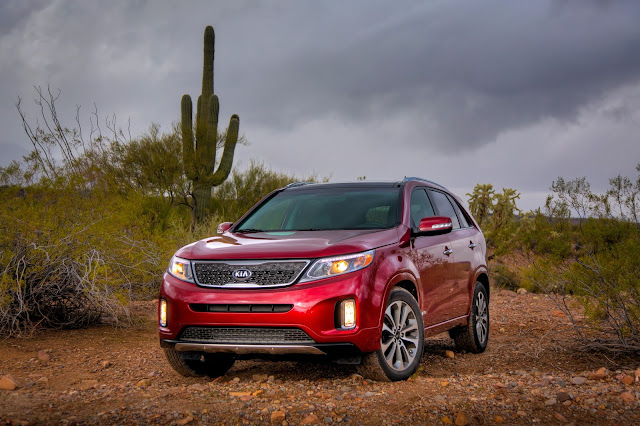 |
| Print ad for the 1964 Toyota 700. |
50 years ago, a Japanese car was a punch line in America. World War II vets who carried a grudge 19 years after the end of World War II couldn't imagine driving one instead of a 20-foot GM, Ford or Chrysler sedan, and the phrase "cheap Japanese knockoff" was still in common usage.
40 years ago, thanks to the oil crisis, the small, economical models (Toyota Corolla, Datsun B-210) began to do very well. 30 years ago, family sedans like the Honda Accord and Toyota Camry started beating the domestics in sales.
Then, about 25 years ago, Toyota founded its Lexus division and took Mercedes-Benz on head to head. There were a lot of doubters. But building a high-quality alternative to the big German S-Class sedan with more features at two-thirds of the price proved to be a winning formula. Within a couple of years it was clear Mercedes had competition...and in fact, during that time, they've changed their cars in fundamental ways so that they can better fend off Lexus.
In the past ten years, the story has been replaying with a twist. This time, it's the South Koreans roaring up behind the Japanese. The punch-line status for Kia and Hyundai ended about a decade ago, with rapid growth and acceptance the past five years as their cars kept ramping up the quality of materials and workmanship. There are very few buyers of Toyotas, Nissans, Hondas and Mitsubishis who still wonder if they'd be taking a step down to go with Kia or Hyundai. And it's the same formula as Lexus...match quality, add features, and do it at a lower price.




.JPG)














